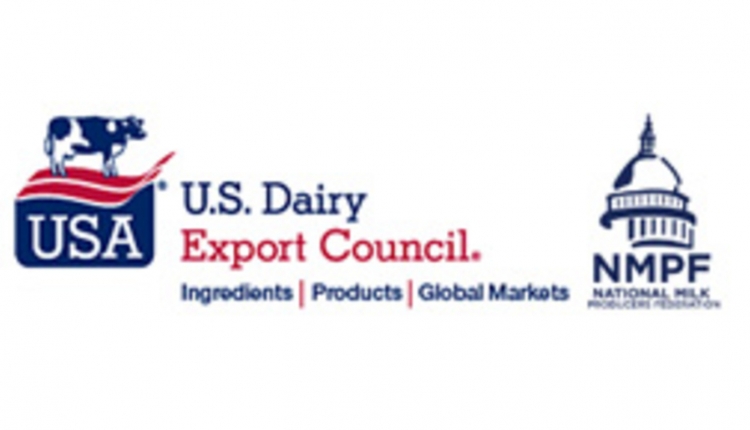
Plant-based beverages, such as soy and almond products, are dairy milk’s biggest imposters, often served with the same promised benefits as cow’s milk. Gaining popularity within recent years among the younger generations, many have forgotten that cow’s milk is also known as nature’s most nearly perfect drink. Bovine milk is the only beverage that provides humans with almost all the nutrients that we need to maintain a healthy lifestyle, yet some stray away from dairy as they choose to consume nut, soybean, grain, and vegetable beverage alternatives.
A Splash! Milk News Update authored by Lauren Milligan Newark highlighted research that evaluated over 200 different plant-based beverages from 21 different brands, comparing them with low-fat cow’s milk. While some plant-based beverages came close nutritionally, it was found that these beverages were highly variable in nutrient content, especially when it came to fortified vitamins and minerals such as vitamin B12, vitamin D, and of course, calcium, when compared to cow’s milk.
Using an imputation approach, researchers estimated the nutrient content of listed ingredients in these plant-based beverage alternatives. After analyzing 175 nutrients, nutrient ratios, and other food components compared to milk’s daily values, it was noted that Americans may be at risk for under or overconsumption of these components. U.S adults generally do not get enough vitamin D, calcium, potassium, dietary fiber, protein, and vitamin B12, plus women of reproductive age often don’t get enough iron, while they may overconsume saturated fats, sodium, and added sugars.
Results showed that the most variable nutrient was vitamin B12. “One cup of low-fat cow milk provides roughly 50% of an adult’s daily value for vitamin B12. Only 36% of plant-based beverages evaluated provided at least 80% of the vitamin B12 provided by a serving of low-fat cow milk,” she noted. It was also found that although a small portion of plant-based beverage provided 100% daily value of vitamin B12, 52.5% of these beverages had no vitamin B12 at all. This is not a shocking find, as some milk alternatives are known to offer little to no health benefits when compared to cow’s milk.
When comparing plant-based beverage's overall similarity to the nutritional profile of cow’s milk, only three soy beverage options of the 221 plant-based alternatives met USDA’s nutrition standards for a fluid milk substitute. This correlates with the most recent edition of the Dietary Guidelines for Americans, which recommend that adults consume three servings of either dairy or fortified soy beverage to meet daily vitamin D and calcium requirements. While soy and cow milk may be somewhat comparable in this category, they can have varying psychological differences due to the food matrix that they are delivered in. For example, while some soy beverage options may provide the same amount of protein as cow’s milk, dairy is a high-quality protein that soy beverages can not mimic. Milligan Newark noted, “Milk proteins are highly digestible, provide all nine essential amino acids, and also increase the bioavailability of calcium and phosphorus delivered in milk. Moreover, cow milk provides many bioactive proteins that have demonstrated health benefits for adult consumers including glucose metabolism, controlling appetite, and building muscle.”
Though some say plant-based alternatives are a better option, it is worth diving into the details and nutrient profiles of what makes up their ingredient list. A consumer’s milk alternative may be leaving them short on the essential nutrients that they need in order to maintain a healthy lifestyle.







